Peugeot, Citroën and DS are set to launch an online simulator which will let their customers test how many miles per gallon they can get from their cars.
The simulator, which is due to be launched later this year, will be the first to show consumers how their individual driving styles can affect fuel consumption. It comes as part of the PSA Group’s attempt to be more transparent about fuel economy, following the Volkswagen Dieselgate scandal of last year.
Ahead of the simulator’s launch, the PSA Group has published real-world fuel consumption figures for 30 of its models, with the vast differences in the results emphasising just how inaccurate the industry’s ‘standard’ tests are.
The economy of the Peugeot 3008 with a 1.2-litre PureTech petrol engine, for example, was reduced by a significant 20.48mpg, with the real-world figure dropping to 37.17mpg.
An even bigger drop was seen with the Citroën C4 Picasso with a diesel BlueHDi engine, where 28.97mpg was lost, bringing the model’s real-world fuel economy figure down to 43.46mpg.
The results confirm that the car industry’s standard fuel economy tests are unable to accurately replicate real-world driving scenarios.
Rather than the laboratory-based tests employed in standard tests, PSA’s real-world tests are based on the European Union’s Real Driving Emissions (RDE) project and measure fuel consumption on public roads with a portable emissions measurement system.
The measurements are made on a route comprised of 15.5 miles of urban streets, 24.2 miles of rural roads and 19.3 miles of motorway. The cars are mixed in with public traffic and feature a passenger and luggage loads, with air conditioning systems switched on.
Bureau Veritas, an independent and internationally respected testing company, has confirmed that the procedure is conducted in line with specifications and that its results are reliable.
To doubly confirm that its results are accurate, the PSA Group is also using data collected from independent customer surveys in order to gauge what its cars can achieve. The results, it says, are near identical and confirm the accuracy of its tests.
PSA is due to publish the figures of 20 more models before the end of 2016 and says that in 2017 it will also measure pollutant emissions of nitrogen oxides (NOx).

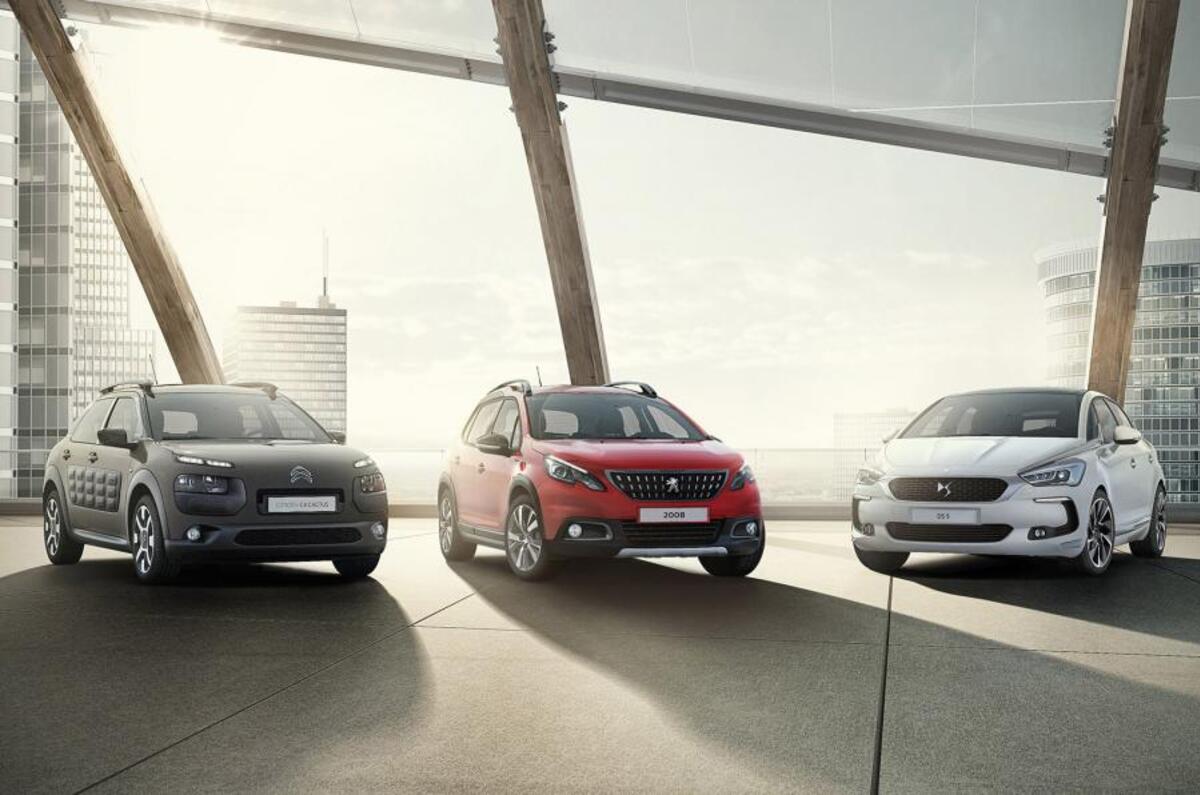
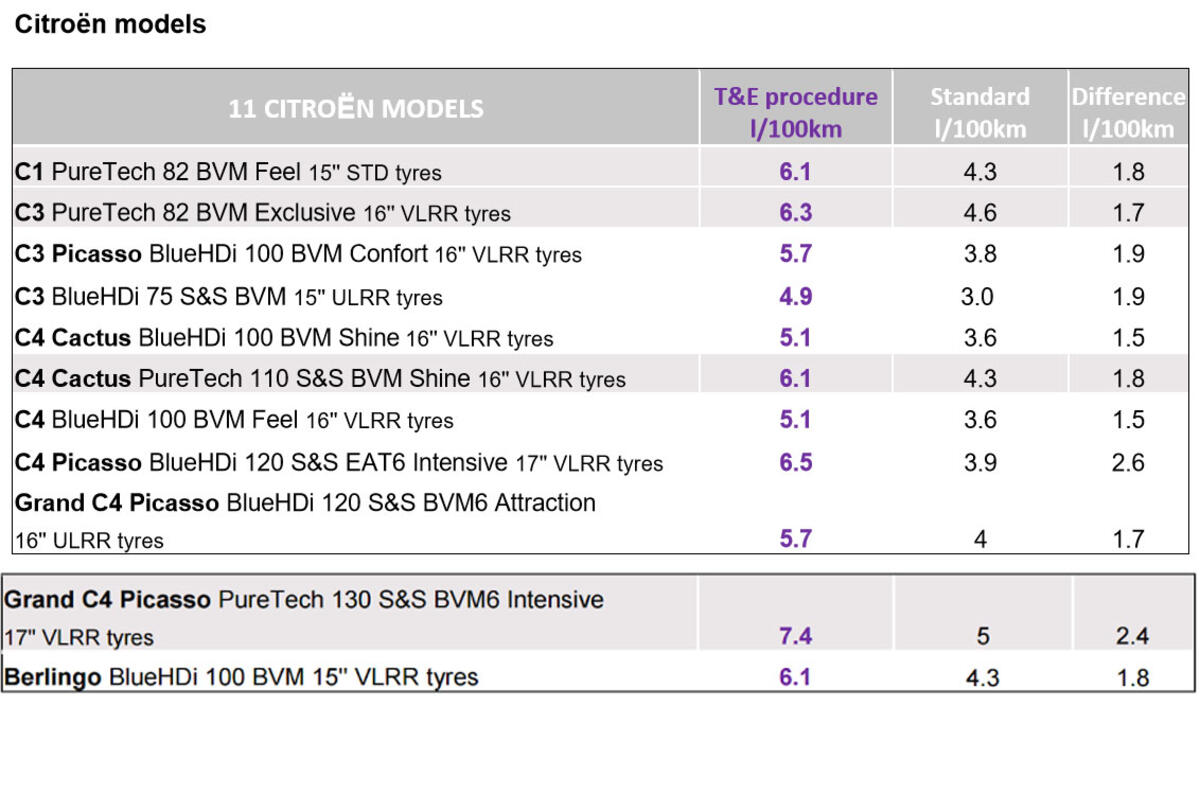
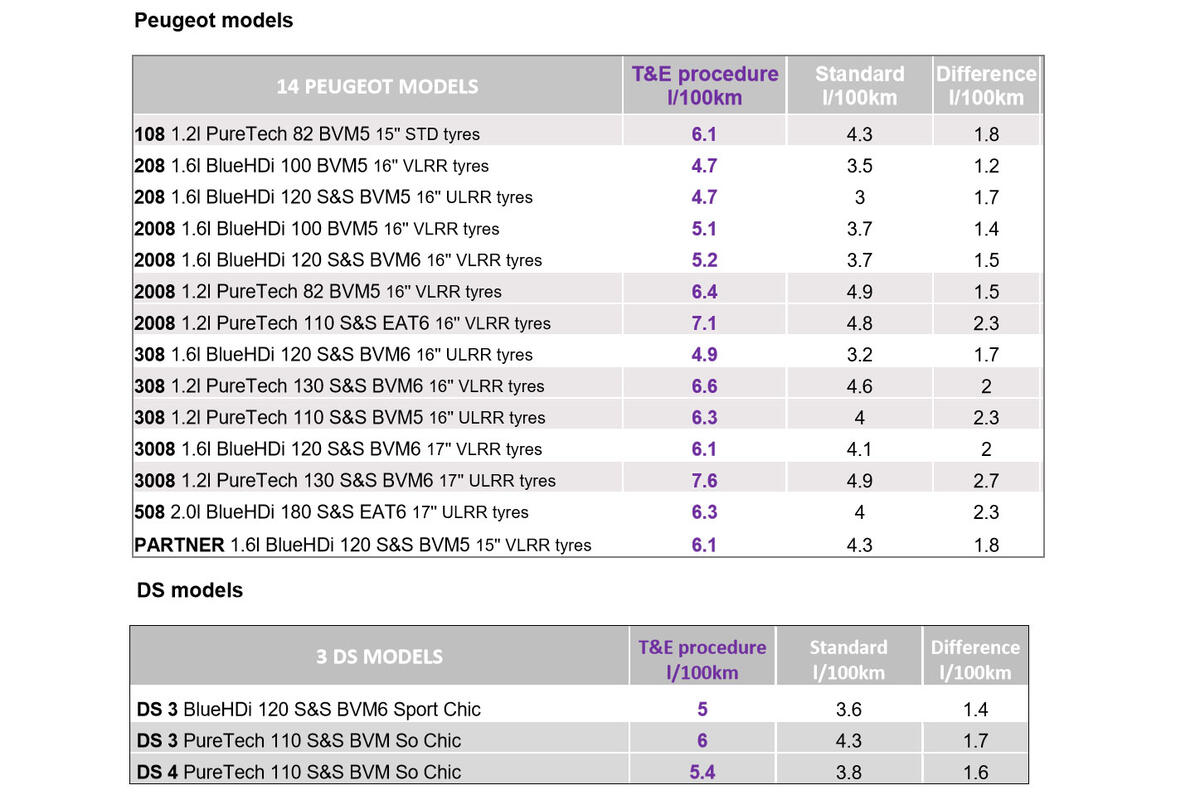

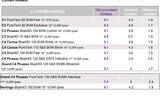
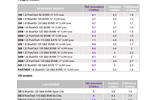



Join the debate
Add your comment
VW..are you listening?
The EU tests are poor as they
Go to Honest John and see